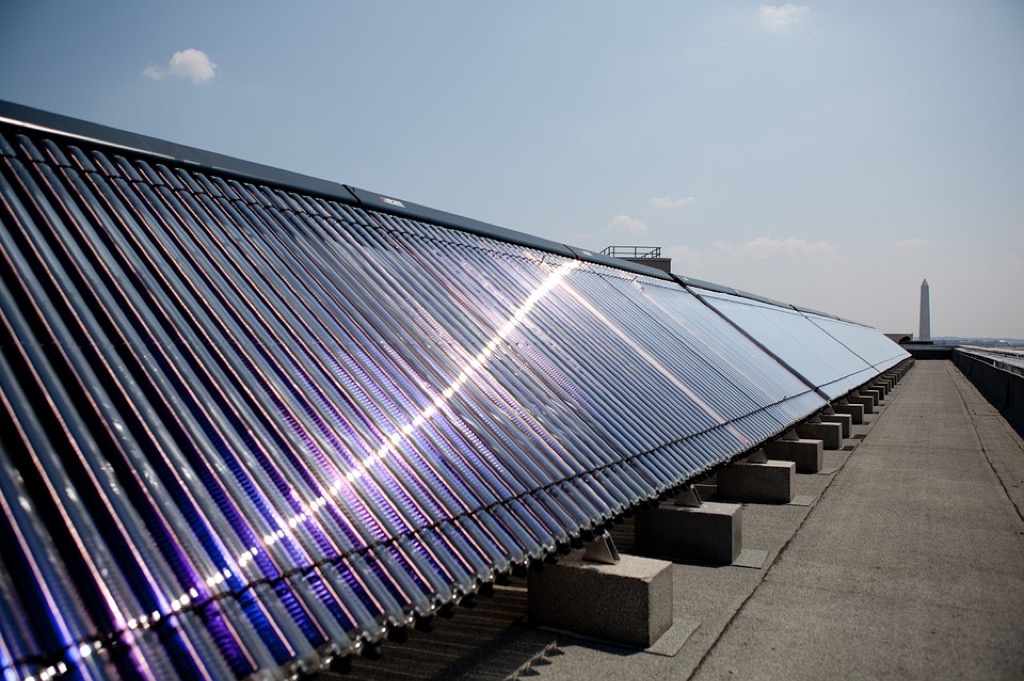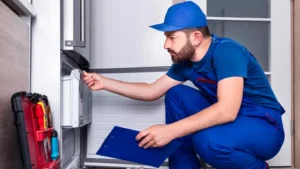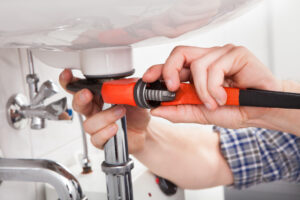Solar Water Heaters – Are They Beneficial to Your Plumbing System?

Now that solar power is less expensive and therefore more accessible in Australia than it used to be, more homeowners are considering switching over to it, to a certain extent. Some aren’t too sure about relying exclusively on solar, but using a solar water heater instead of an electric one is a good first step into the world of renewable energy. This alone can make a considerable change in how much energy from the grid you use, and therefore help you shave a few dollars off your monthly utility bill.
There are different kinds of solar water heaters available, but regardless of which one you choose, it’s best to have professional plumbers working with solar panel technicians to install it properly instead of taking care of it yourself. So what benefits does a solar water heater have for your plumbing system, if any? Here’s what you need to know.
How does it work?
Solar water heaters are high-efficiency appliances that use solar collectors – typically installed on the rooftop – to collect the energy from sunlight and then heat the water in your home.
Active solar water heaters use a pump to get the hot water to circulate from the solar collectors – also called absorbers – throughout the rest of your home. These are usually best for cooler climates since heated water can be kept in a tank that’s kept indoors to keep heat from escaping.
In an active indirect system, a fluid such as propylene glycol is heated up in the solar collectors, then used to heat the water supply, often in a closed-loop system. In an active direct system, on the other hand, the water is heated directly in the collectors then sent to wherever it’s needed, or else to the aforementioned storage tank.
Passive solar water heaters, meanwhile, rely on convection, where hotter water rises and cold water sinks, in order to circulate the water. These systems are cheaper than active systems since they typically don’t need specialised equipment to pump the water. If you live in a warmer climate, then an indirect system is something you’ll want to consider installing.
Both integral collector solar water heaters and passive thermosiphon systems collect small batches of water that are heated before being sent into a household’s faucets when hot water is needed.
What are the benefits?
Besides helping you save a little on your monthly energy bill, a solar water heater lessens the stress on your plumbing system. With a gas or electric water heater, you’d have to wait a while before the water is hot enough. The near-constant heating and cooling are sure to have an effect on your pipes, which could lead to weakening or cracks – and that means plumbing problems.
A solar water heater, on the other hand, will typically send already-heated water through the pipes to where it’s needed in the home, so it’s more efficient and has less of an effect on your plumbing system. This may seem inconsequential, but anything that lessens the chances of you having to call a plumber to repair or replace your plumbing is a win for you as a homeowner.








